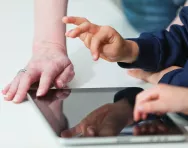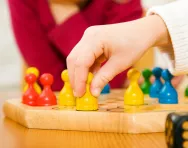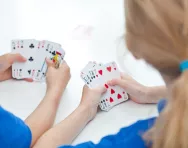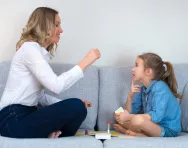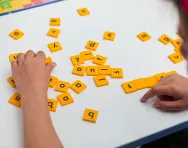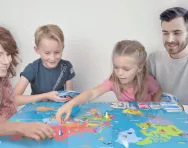Important update from TheSchoolRun
For the past 13 years, TheSchoolRun has been run by a small team of mums working from home, dedicated to providing quality educational resources to primary school parents. Unfortunately, rising supplier costs and falling revenue have made it impossible for us to continue operating, and we’ve had to make the difficult decision to close. The good news: We’ve arranged for another educational provider to take over many of our resources. These will be hosted on a new portal, where the content will be updated and expanded to support your child’s learning.
What this means for subscribers:
- Your subscription is still active, and for now, you can keep using the website as normal — just log in with your usual details to access all our articles and resources*.
- In a few months, all resources will move to the new portal. You’ll continue to have access there until your subscription ends. We’ll send you full details nearer the time.
- As a thank you for your support, we’ll also be sending you 16 primary school eBooks (worth £108.84) to download and keep.
A few changes to be aware of:
- The Learning Journey weekly email has ended, but your child’s plan will still be updated on your dashboard each Monday. Just log in to see the recommended worksheets.
- The 11+ weekly emails have now ended. We sent you all the remaining emails in the series at the end of March — please check your inbox (and spam folder) if you haven’t seen them. You can also follow the full programme here: 11+ Learning Journey.
If you have any questions, please contact us at [email protected]. Thank you for being part of our journey it’s been a privilege to support your family’s learning.
*If you need to reset your password, it will still work as usual. Please check your spam folder if the reset email doesn’t appear in your inbox.
Why family games help positive behaviour

You might think that dusting off your board games once a year at Christmas is ample game-playing time for your family. However, according to the head of Ofsted, children who play traditional board games at home do better at school.
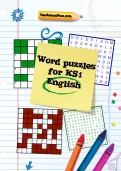
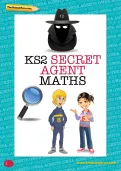
Claim four puzzle packs today!
- KS1 & KS2 Word Puzzle Packs
- Numeracy Puzzle Packs for KS1 & KS2
- Challenging and exciting | Boost key skills
Playing traditional games, such as board or outdoor games help children to think for themselves, learn cooperation and teamwork skills, work on strategies and tactics, and learn how to hold a conversation with adults. Games are a fun way of getting your child to learn – without them even realising it!
7 ways to get kids to play more family games
- Get out some of the old favourites. Draughts, dominoes, Connect4 and card games are not only terrific fun but they are also challenging and involve concentration and strategy.
- Get game-playing into your weekly routine. Find an ideal time for the whole family to sit together and play some games. Sundays are often good.
- Add some elements to help ‘game time’ become a family tradition, such as favourite foods (bowls of popcorn or hot drinks), a comfortable, warm setting and inviting grandparents, other relations and friends over to get lots of people involved.
- Start with games that are suited to the youngest age group present, or have a few games going at the same time that fit the various age ranges. Make sure everyone understands the rules and aims of the game being played.
- Explain that to enjoy playing games we all have to play by the rules, respect our partners and respect the outcome of the game.
- Show your own interest and enthusiasm for the game, give it concentration and effort, both for your own enjoyment, and also as a role model for your children. Discuss the moves you are making and ask open questions such as, “What are all the different options you have?” or “What would happen if you take that move?”
- Whether your child wins or loses, at the end of the game summarise what you learnt from the game and then ask your child, “What did you learn from that game?” or “What might you do differently next time we play?”
Best family board games
We've rounded up our favourite educational games for kids (and parents) of all ages.
